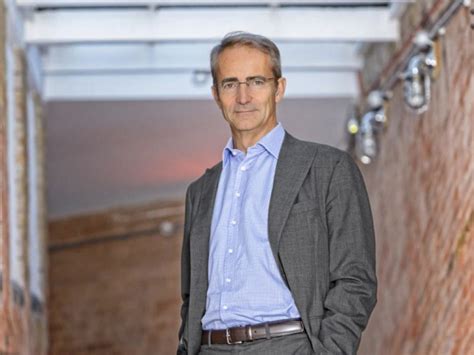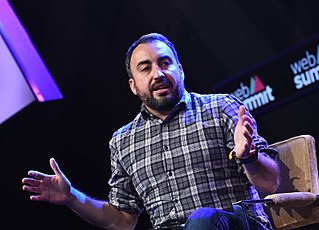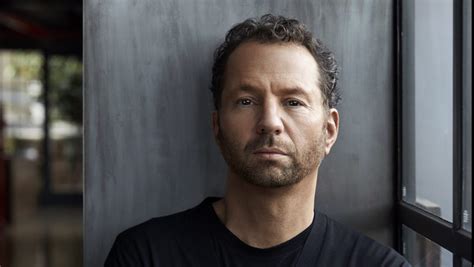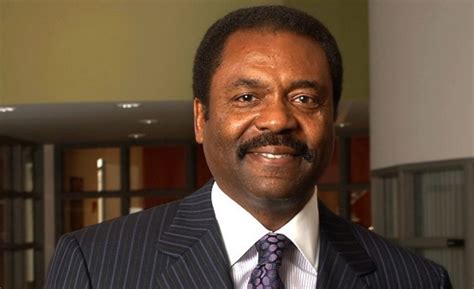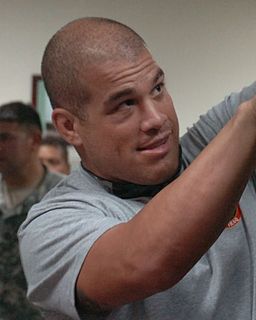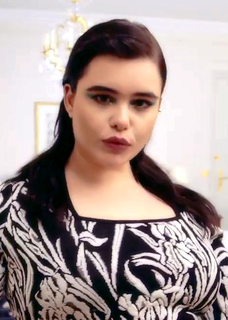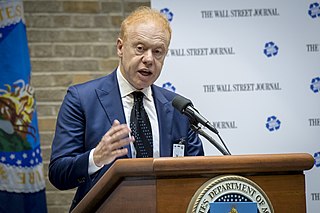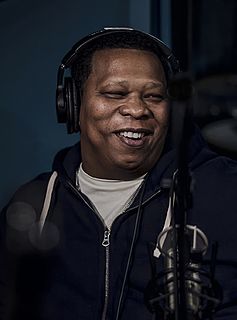A Quote by Bernard Liautaud
I believe Business Objects is on the cusp of becoming a multi-billion-dollar sales company. There is tremendous growth potential for business intelligence.
Related Quotes
In business, when you can meet an unmet need that is this primal, even meeting it in a superficial way can create a multi-billion-dollar business - e.g., the chat rooms in AOL when it first came out, or the lounges in Starbucks, or the billion people who are on Facebook - even though these are hardly the most intimate of life experiences.
I took a dozen of our top managers to Argentina, to the windswept mountains of the real Patagonia, for a walkabout. In the course of roaming around those wild lands, we asked ourselves why we were in business and what kind of business we wanted Patagonia to be. A billion-dollar company? Okay, but not if it meant we had to make products we couldn't be proud of. And we discussed what we could do to help stem the environmental harm we caused as a company. We talked about the values we had in common, and the shared culture that had brought everyone to Patagonia, Inc., and not another company.
Growth isn't central at all, because I'm trying to run this company as if it's going to be here a hundred years from now. And if you take where we are today and add 15% growth, like public companies need to have for their stock to stay up in value, I'd be a multi-trillion-dollar company in 40 years. Which is impossible, of course.
